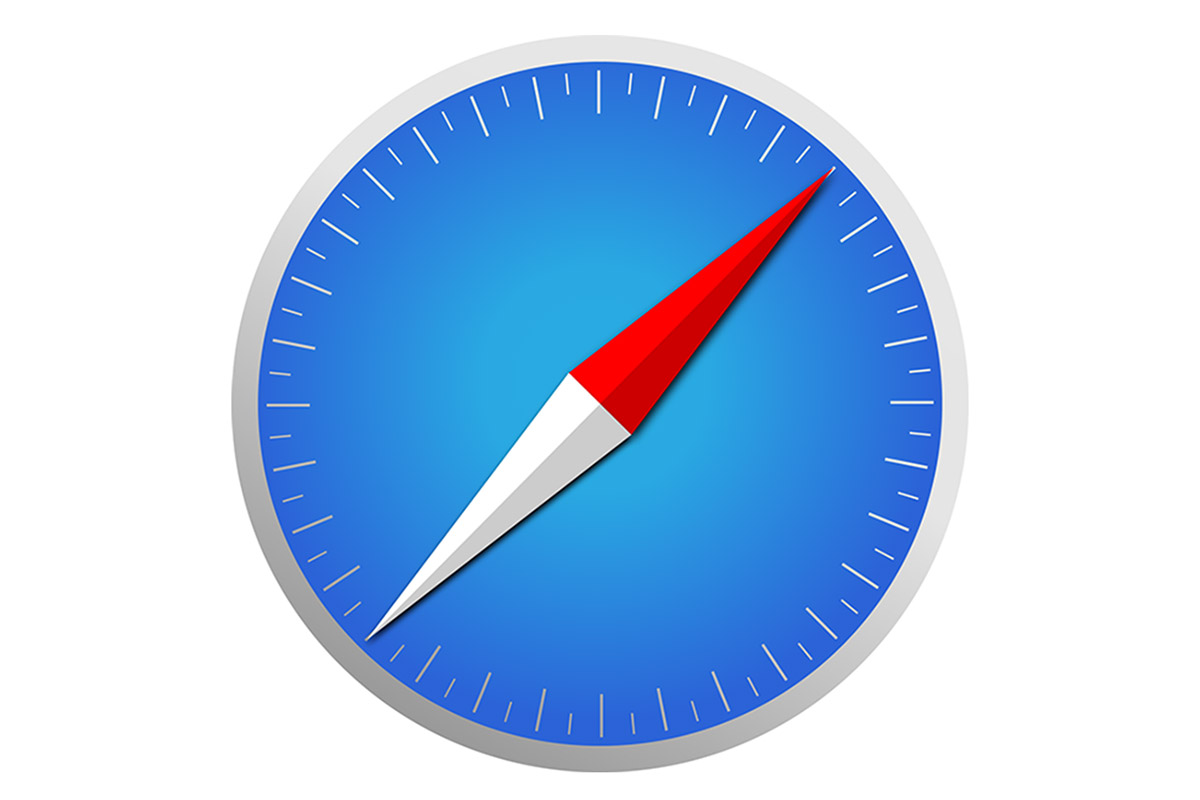
- Apple safari back browser risk new install#
- Apple safari back browser risk new update#
- Apple safari back browser risk new code#
Only Google controls the actual code, what goes it in, how it behaves, and what "standards" it is going to support/create/enforce.
Apple safari back browser risk new code#
Nobody can effectively fork the base code because they can't maintain it and will lose compatibility quickly. Make no mistake, Chromium might be "open source", but only in such that you can see the source and use it. And lazy programmers will just start with the "This site doesn't work with Firefox" (or whatever non-Chrom* browser might later appear) crap. Code to whatever Google dictates, whether it is a "real" standard or not, or your site will break. When it pushes out the ONLY remaining non-Chom* browser on MS-Windows, Linux, and Android, it will be the new IE. You can also achieve "IE-only" on most platforms, where the IE = Chrom*. "IE-only" wasn't just about updates and security, it was about not having real browser choice because sites coded against a browser, not open/approved/actual standards. >"In order to be the new IE, Safari would have to be all of these things." One theme that emerges when you dig into the Web Platform Tests data on Safari's shortcomings is that even where WebKit has implemented a feature, it's often not complete. If your website is affected by a Safari bug, you can expect to wait up to a year before the problem is solved. This means that not only is Apple slow to add new features, but its development cycle means that even simple bug fixes have to wait a long time before they actually land on users' devices.
Apple safari back browser risk new update#
Blink-based browsers update every six weeks (soon every four), Firefox releases every four weeks, and Brave releases every three. Apple updates Safari roughly every six months at best. Another thing web developers find distressing is Apple's slow development cycle. The reality is if you have an iOS device, you use Safari and are bound by its limitations. If you do that on iOS it might say Firefox, but you're still using WebKit.
Apple safari back browser risk new install#
In Windows you could at least install Firefox. Apple has a browser monopoly on iOS, which is something Microsoft was never able to achieve with IE. According to Apple's App Store rules: "apps that browse the web must use the appropriate WebKit framework and WebKit Javascript." Every iPhone user is a Safari/WebKit user whether they use Safari or Chrome.

On iOS devices, however, that's not possible. On the desktop this doesn't matter all that much because users can always switch to Google Chrome (or even better, Vivaldi). According to the Web Platform Tests dashboard, Chrome-based browsers support 94 per cent of the test suite, and Firefox pulls off 91 per cent, but Safari only manages 71 per cent. But Safari - or more specifically the WebKit engine that powers it - is well behind the competition. Whether it's far enough behind to be considered "the new IE" is debatable and may say more about the shadow IE still casts across the web than it does about Safari. Apple's Safari lags considerably behind its peers in supporting web features. Today developers who want to use "cutting-edge" web APIs find themselves resorting to the same kind of browser-specific workarounds, but this time the browser dragging things down comes from Apple. Microsoft's browser of yore made their lives miserable and it's only slightly hyperbolic to say it very nearly destroyed the entire internet. Scott Gilbertson, writing for The Register: The legacy of Internet Explorer 6 haunts web developer nightmares to this day.


 0 kommentar(er)
0 kommentar(er)
